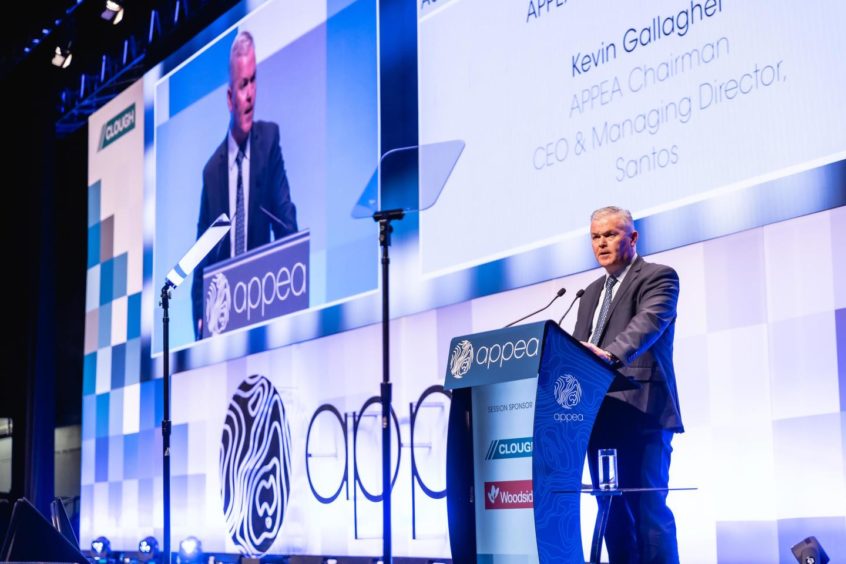
Santos has been ordered to stop drilling at its $3.6 billion Barossa gas project off northern Australia by a Federal Court following a successful challenge from an indigenous group against environmental approvals for drilling and completion activities.
Significantly, drilling activities are now suspended pending a favourable appeal outcome or the approval of a new environment plan for the Barossa development that was planned to backfill the Darwin liquefied natural gas (LNG) export plant. Santos said it will be seeking to expedite these processes.
The drilling activities were to occur at a site in the Timor Sea, approximately 140 kilometres north of the Tiwi Islands. Traditional landowners from the Tiwi Islands asked the court in June to overturn drilling approval for the Barossa project, claiming that Santos has not consulted with each person as it was required to do.
“The court’s decision was based on a finding that regulator NOPSEMA could not be lawfully satisfied that the Drilling Environment Plan met the criteria required by the regulations and in particular failed to assess whether the Drilling Environment Plan demonstrated that Santos consulted with each person that it was required by the regulations to consult with,” noted Santos in a statement yesterday.
Santos said “this is a disappointing outcome. Consistent with previous practice, Santos engaged about the proposed drilling activities with the Tiwi Land Council, a representative body with statutory authority under the Aboriginal Land Rights (Northern Territory) Act 1976. Similarly, Santos had engaged about the proposed drilling activities with the Northern Land Council, the Native Title representative body for the Tiwi Islands. NOPSEMA had accepted our efforts to consult with Tiwi Islanders in accordance with the regulations when it decided to accept the Environment Plan for those activities.”
“Given the significance of this decision to us, our international joint venture partners and customers, and the industry more broadly, we consider that it should be reviewed by the Full Federal Court on appeal,” added Santos.
Santos is committed to continuous improvement in our consultation processes. Our relationships with the Traditional Owners, local communities and landholders where we operate are very important to us.
The Barossa Gas Project is approximately 46% complete. “The drilling activities are not on the critical path for the project and we have headroom in the project cost contingency,” noted Santos.
Santos was on track to begin producing gas from Barossa in 2025. Credit Suisse analyst Saul Kavonic told Reuters that “if Santos fails in its appeal and has to submit a new environmental plan, that could impact the overall cost and add months or even more than a year to the project’s schedule.”
Besides expanding consultations, Kavonic said, “there is a risk that the regulator might broaden any review to include other considerations, such as looking at emissions, since the country’s carbon emissions targets are tighter now than when the permit was approved.”
Santos’ partners in the Barossa project are South Korean energy company SK E&S and Japan’s top power generator JERA, a joint venture between Tokyo Electric Power and Chubu Electric Power.
“Project approval uncertainty is a public policy issue that should be urgently addressed by Australian governments to reduce risk for trade and investment in projects around the country,” said Santos.
Recommended for you
